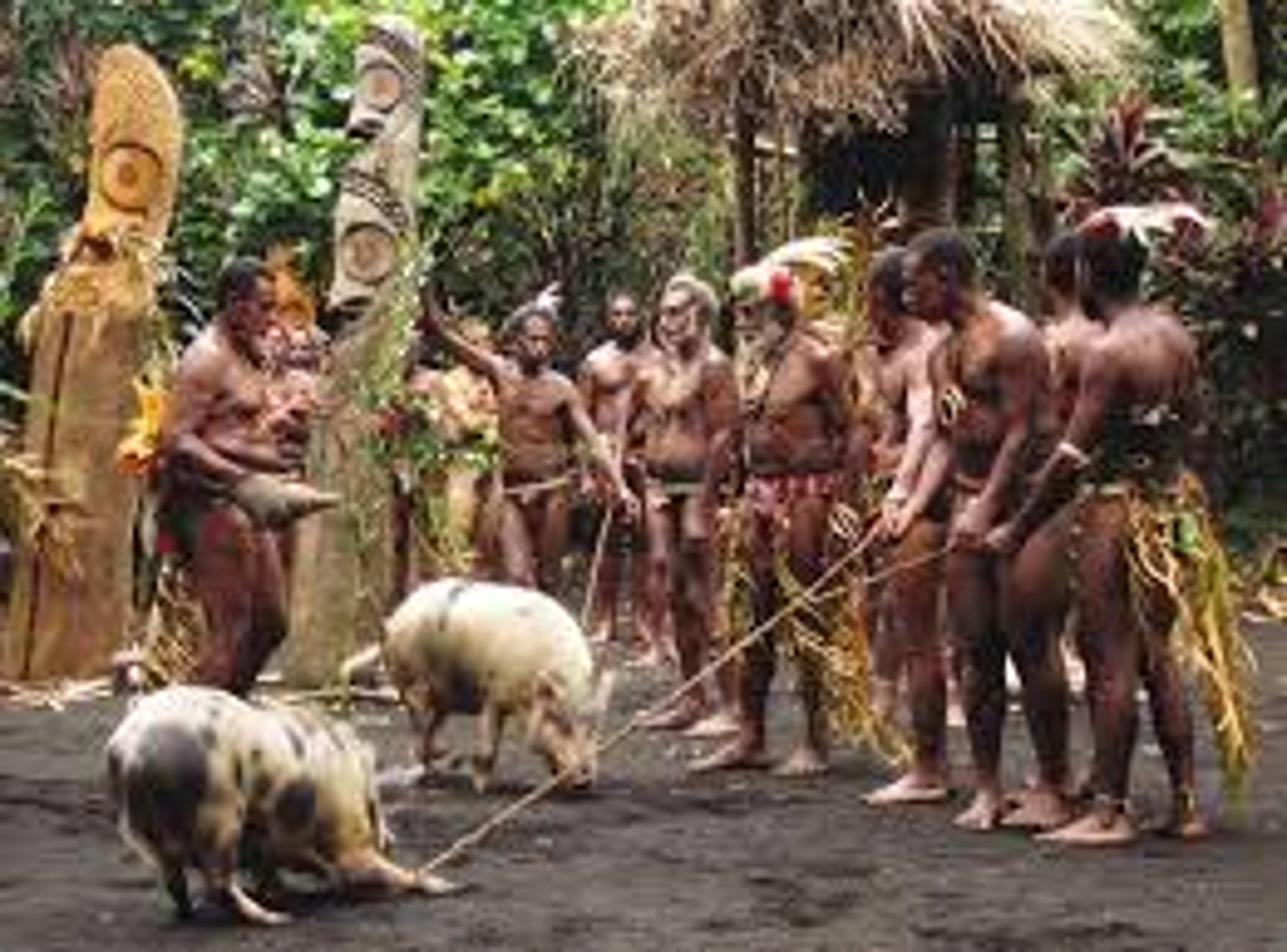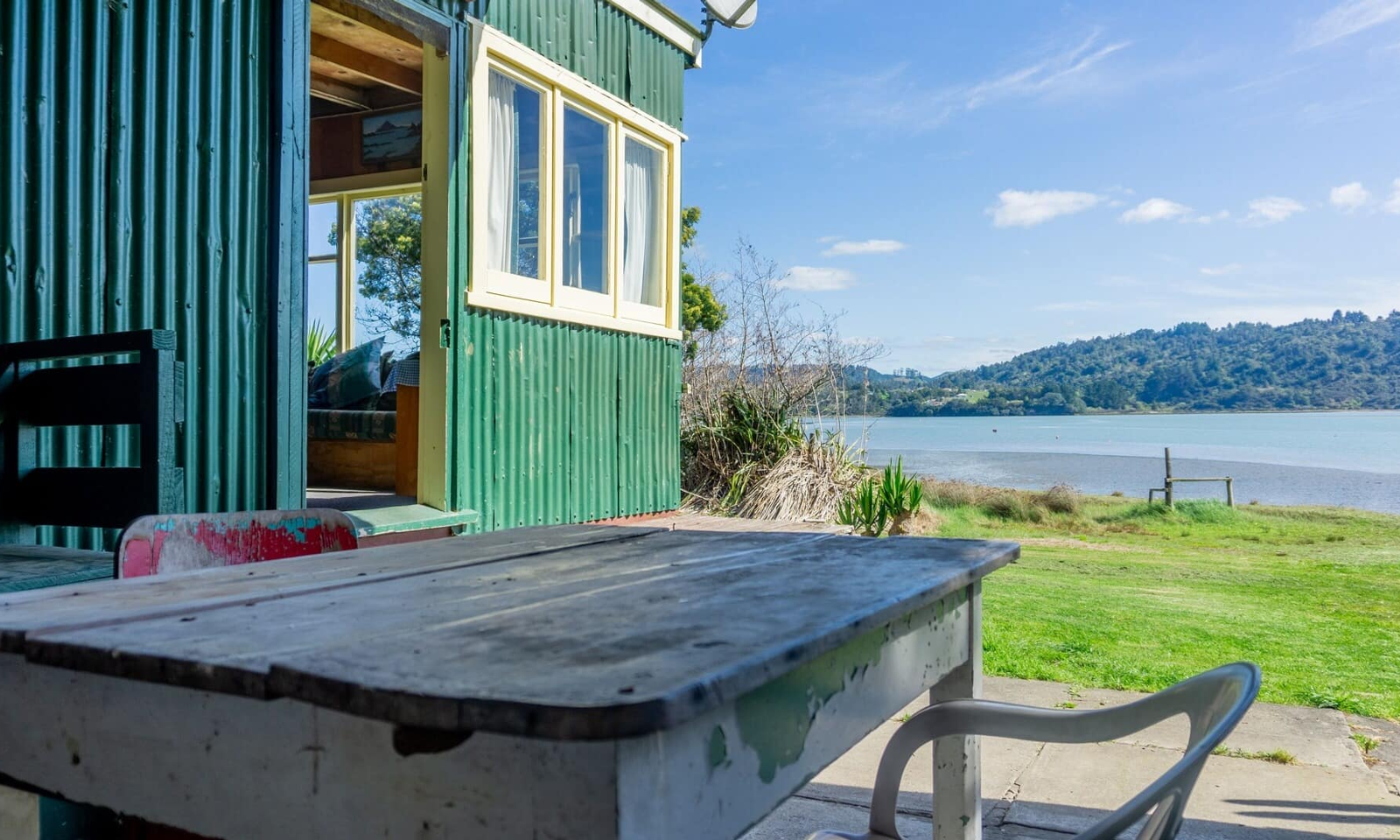

Renowned Māori journalist Pere Maitai passed away at the age of 67.
Photo /Facebook/Te Karere
Honouring Pere Maitai: Pioneering broadcaster who amplified Pacific and Māori voices
From introducing Pacific Viewpoint in the 1970s to leading newsroom change at Pacific Media Network (PMN), Pere Maitai, who recently died, is remembered for his community commitment.


Holiday Classics: The sports films that bring families together

Memories over miles: South Aucklanders share their favourite holiday getaways


Ancient DNA shows how Pasifika carried pigs across the ocean

Holiday Classics: The sports films that bring families together

Memories over miles: South Aucklanders share their favourite holiday getaways

Pacific and Māori media colleagues pay tribute to the late broadcaster Pere Maitai, praising his pioneering work in amplifying the voices of marginalised communities and his dedication to journalism.
Maitai reportedly suffered a stroke last Tuesday and passed away the following Thursday. He was 67. His tangi (funeral) was held earlier this week at Te Manutai Marae in Nūhaka.
Of Ngāti Kahungunu descent, Maitai was widely respected for his efforts to bridge Māori and Pacific communities throughout Aotearoa.
He was part of a pioneering team that brought Pacific stories to New Zealand television screens in the late 1970s, working as one of the presenters on Pacific Viewpoint. This weekly series aired on South Pacific Television.
He also worked as Head of News Current Affairs and Programming, Project Manager, and then Acting Network Programme Director at Pacific Media Network (PMN) from 2008 to 2011.
Sela Alo, a Pacific broadcaster, recalls their time together at the Auckland-based PMN, describing Maitai as “a very passionate person about his job”.
“When I was on [NiuFM’s] Drive and there was a news story that broke and he came into the studio and he said, ‘you need to mention this on air’,” Alo says.
“I said, 'You can't disrupt the show for a story, 'and he got a little annoyed with me because it was important that we got the story out.”
Alo says while they disagreed initially, he later realised that Maitai’s insistence stemmed from a desire to keep Pacific and Māori communities informed.
“It wasn't about him, it was about the story. He was very wise about the situation, I was none the wiser,” Alo says.
“People who know Pere will know that he was for the people. He wanted to ensure that people knew what was happening in and around Aotearoa, and that was proof of it.
“Alofa (love) to his aiga (family), his whānau. This must be a really challenging time for the Maitai family. He's a great loss.”
PMN’s fruits, Maitai’s seeds
Ruci Farrell, the Bulletins Editor at PMN, also worked at the network during a significant restructuring period and remembers Maitai for bringing “structure to the newsroom” and nurturing a skilled team.
Farrell says Maitai was instrumental in building relationships between PMN and government ministries, officials, and civil society organisations.
“He brought Prime Minister John Key into the studios of Pacific Media Network in Ponsonby at the time - the first time the PM had ever come to our network,” she says.
“Maitai also explained to the New Zealand Ministry of Foreign Affairs and Trade (MFAT) that whenever a minister travels to the Pacific, it was important that someone from PMN accompanied them.”
According to Farrell, Maitai’s focus was on ensuring that PMN received information to relay to their Pacific audiences.
“He was a very special person. A lot of the benefits we are experiencing now - that's all the things he set up during his time with PMN.”
Māoridom at his heart
Maitai was also remembered fondly by his childhood friend, Rauru Kirikiri, who described him as “almost like a son”.
Kirikiri noted how Maitai affectionately addressed him as kaumātua in every interaction
Kirikiri says an “endearing” aspect of Maitai was his consistent push for tikanga Māori and his firm adherence to whānau values.
“I'm actually not his kaumātua, but that was his way of showing respect in the Māori world,” he says.
Pere always called me kaumātua, and I think that was also a reflection of the fact that his father, or his grandfather, who actually brought him up, was always referred to as my kaumātua, and so that tradition carried on.
Kirikiri describes Maitai as “a person of the faith” who balanced his journalistic commitment with a profound sense of tikanga Māori.
“Faith to the work that they did, faith in the world in which they lived in, and faith in the good Lord,” he says.
Being the son of a Presbyterian Māori who later became a church leader, Maitai’s faith had “kept him going”, Kirikiri says.
“It was also his connection to his strong belief and support for tikanga Māori and for stuff around the Pacific generally. That would always be one of the flags that people would fly whenever talking about Pere Maitai.”